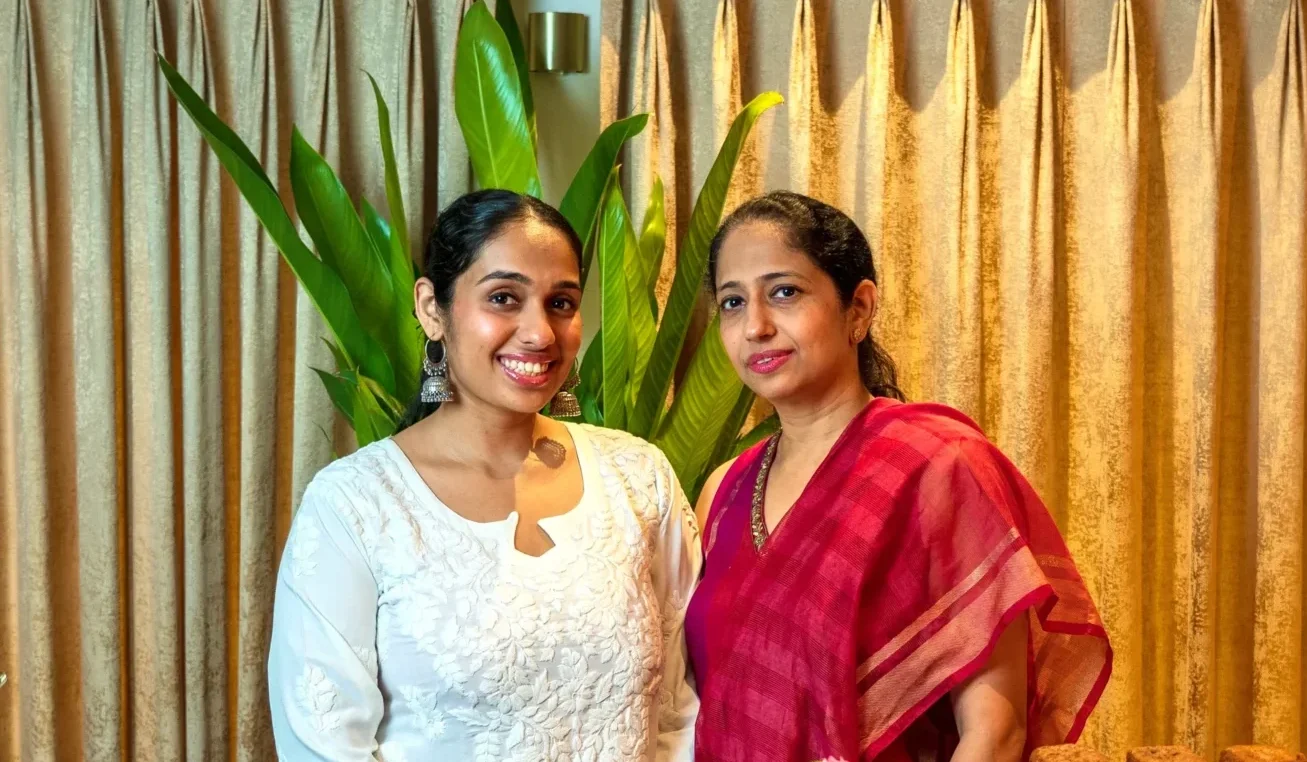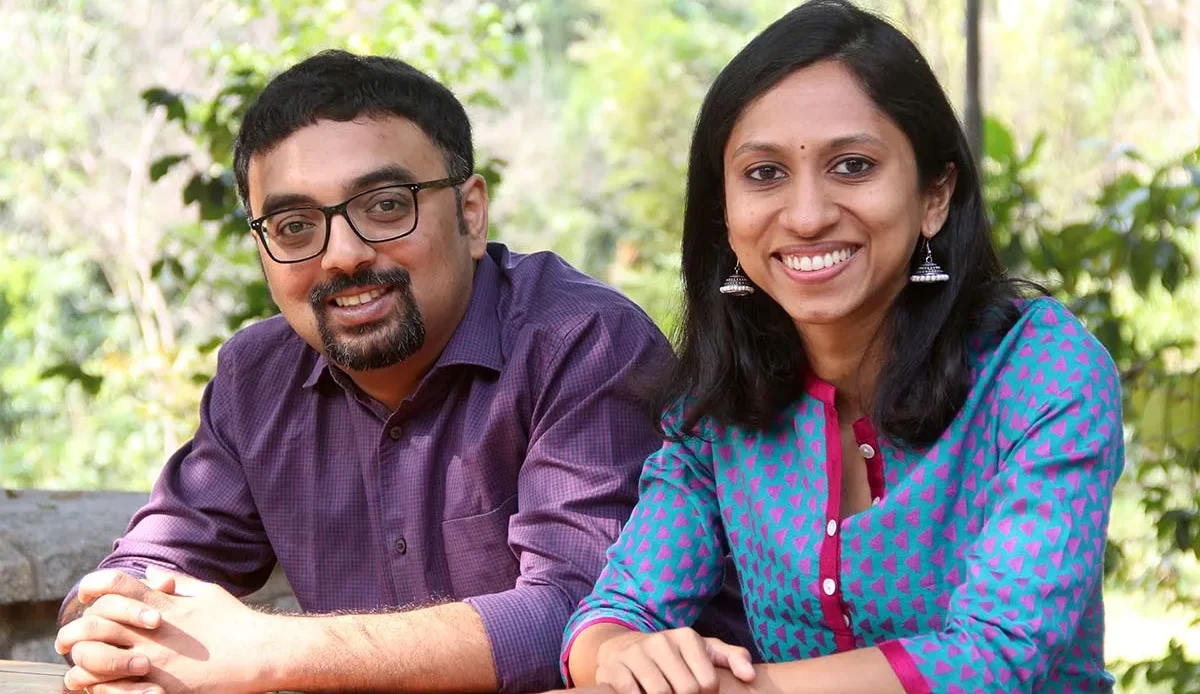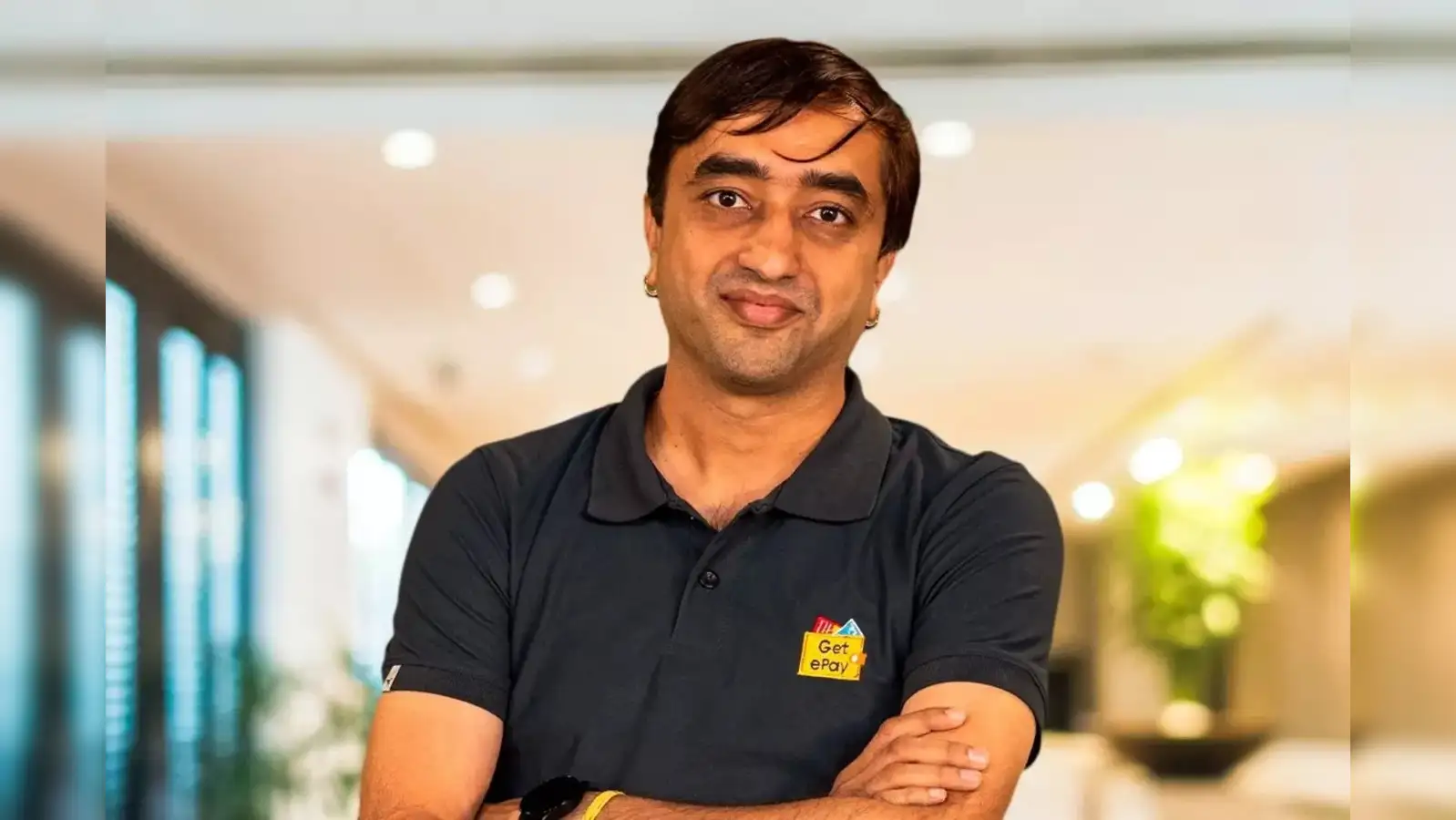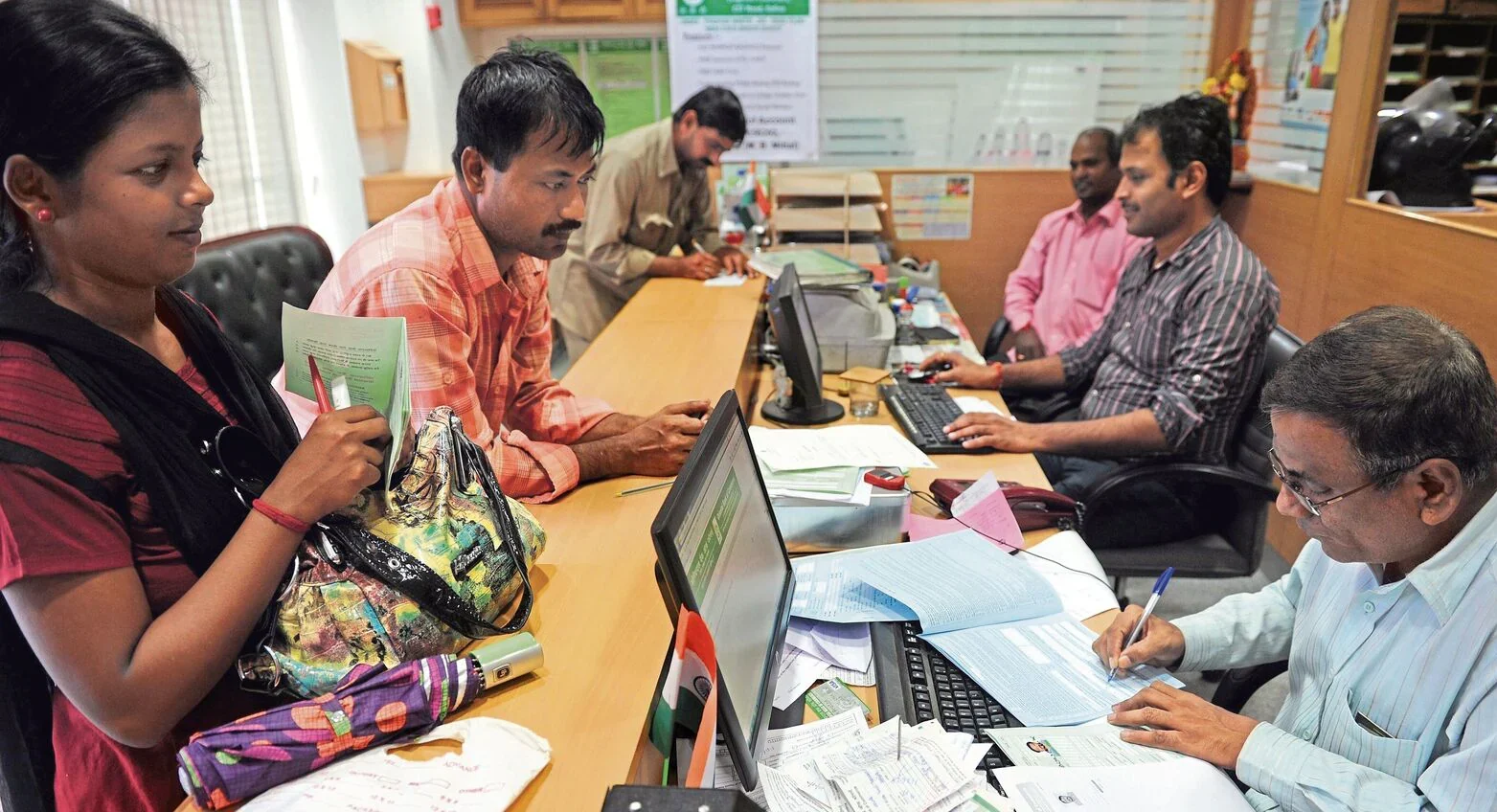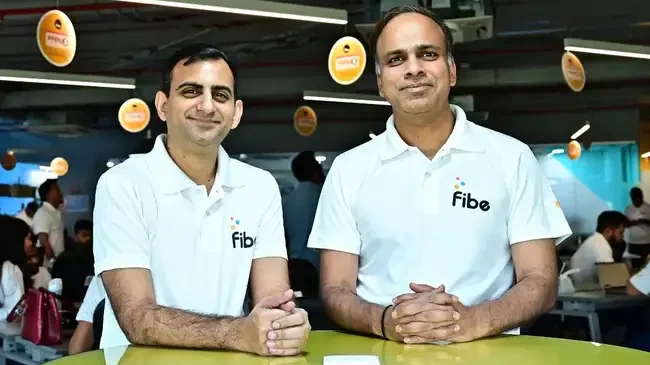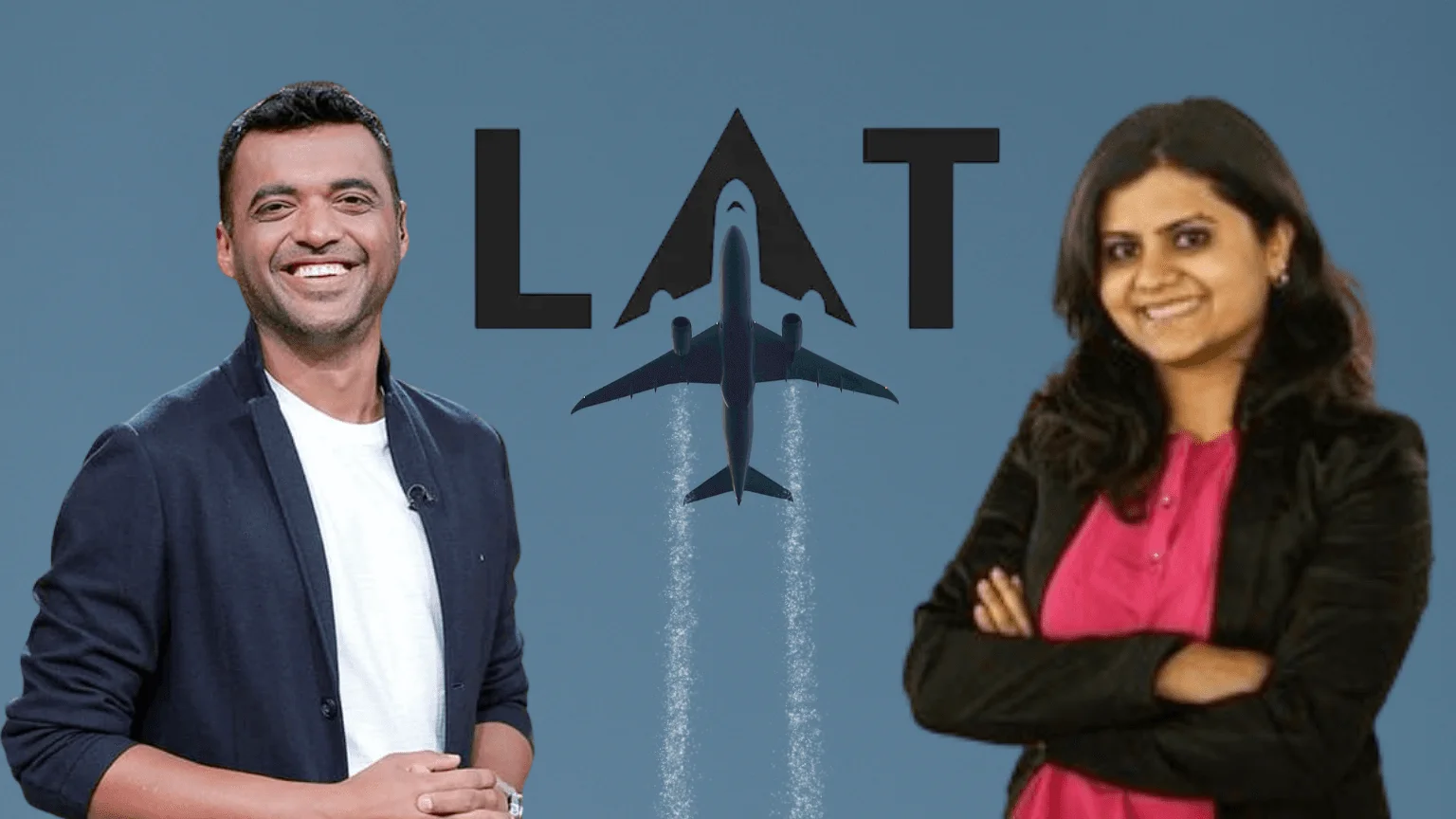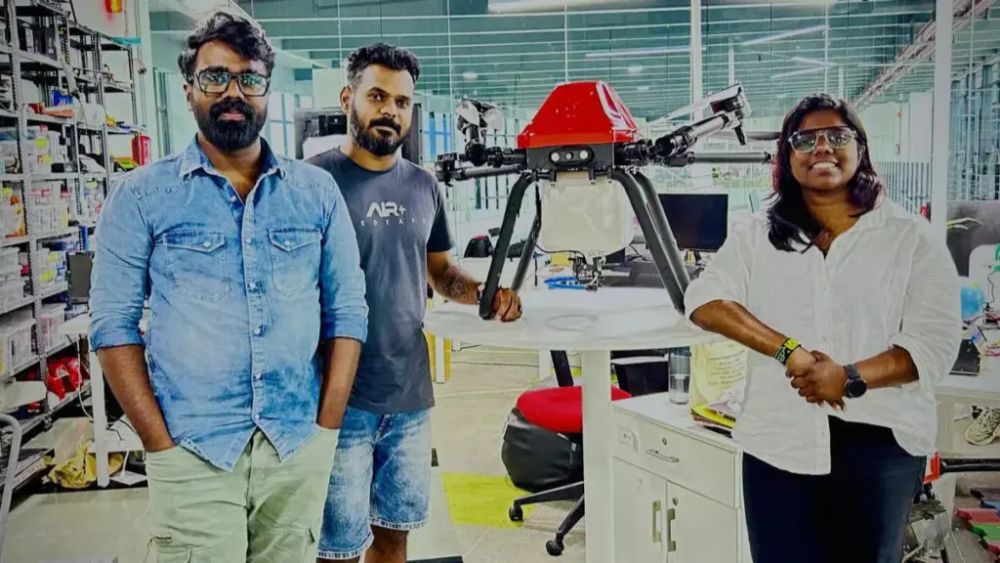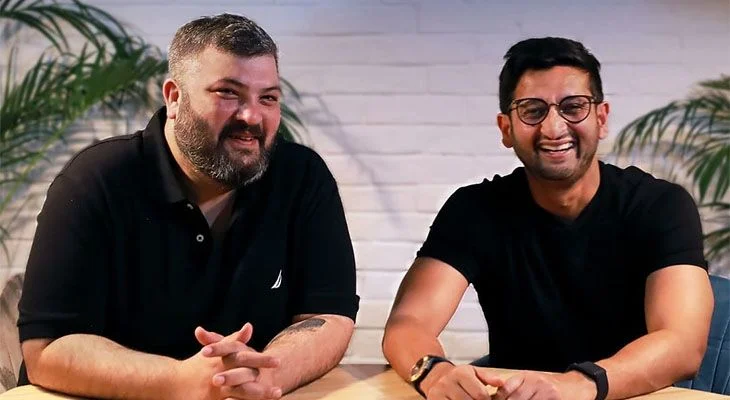OkCredit co-founder and chief executive Harsh Pokharna has publicly reflected on an escalating struggle with overwork, calling it the one “escape” that draws applause instead of warnings, even as it fuels anxiety and sleep disruption.
In a candid post, Pokharna contrasted how friends and peers have urged him to drop habits like smoking and heavy drinking, while praising his relentless pace at work. The result, he suggested, is an unhealthy loop: when life feels heavy and private, the inbox gets fuller. When emotions get harder to name, the to-do list grows longer. On some days, he wrote, closing the laptop “feels much harder than opening it.”
What Pokharna described
- He has quit cigarettes and reduced alcohol, but finds it significantly harder to step back from work.
- Anxiety levels are elevated and sleep patterns are frayed.
- Parts of his personal life remain off-limits for now, pushing him to default to more calls, projects and deadlines.
- The core tension: society rewards the very coping mechanism overwork, that can worsen mental strain.
Why it resonates
Pokharna’s note captures a familiar bind in India’s startup and tech circles: workaholism often passes as ambition. Colleagues applaud output, investors value speed, and teams rally around stretch targets, dynamics that can mask mounting stress. By naming overwork as an “escape,” the post reframes a cultural blind spot: hustle can be as numbing as any other habit when it’s used to outrun difficult feelings.
The broader backdrop
Discussions about founder mental health have sharpened over the past few years, but they rarely tackle the social incentives that keep people glued to their screens. Pokharna’s framing is pointed precisely because it’s not about productivity tips, it’s about identity, validation and the quiet cost of being “always on.” For leaders, the signal is clear: the line between dedication and avoidance can blur, especially when praise flows to the behavior doing the damage.
What’s next
Pokharna didn’t outline a recovery plan or company policy changes. The post, however, adds a high-profile voice to a growing conversation inside Indian startups about boundaries, sleep, and the legitimacy of saying “enough” without losing face. For founders who recognize themselves in his account, the takeaway is less a hack and more a question: if work is the refuge, what would it take to build a different one?
Also Read: Harsh Pokharna’s Wake-Up Call to Startup Founders










